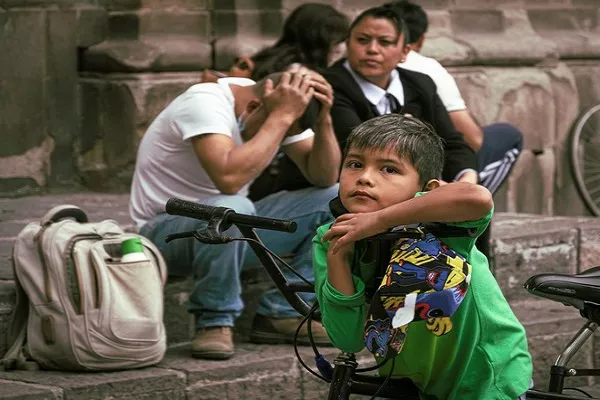For over a decade, professionals in Hattiesburg have been witnessing a concerning trend in children’s mental health, reaching what they describe as a crisis point. Dr. Jonathan Shook, Connections Pediatrician and Medical Director at Hattiesburg Clinic, and Cynthia Robertson, Director of Child and Adolescent Services at Pine Belt Mental Healthcare Resources, shared insights into the severity of the situation.
Dr. Shook outlined some striking statistics, noting that conditions like ADHD, anxiety, and depression are affecting a significant portion of American children. He highlighted the alarming increase in suicide attempts and deaths by suicide among young people.
Robertson echoed these concerns, citing data from the Centers for Disease Control and Prevention indicating that one in six children meets criteria for behavioral disorders, mental health disorders, or developmental disabilities.
Dr. Shook emphasized that the rise in pediatric mental health struggles has corresponded with an increase in medication prescriptions for children. While he acknowledged that the causes are multifaceted, he highlighted factors such as genetics, physical health, socioeconomic status, and adverse childhood experiences as contributing to the problem.
Robertson pointed to technology, particularly social media, as a potential exacerbating factor in children’s mental health issues. Citing advisories from the surgeon general, she highlighted the adverse effects of excessive social media use on anxiety and depressive symptoms among young people.
Both professionals stressed the importance of open communication between parents and children about mental health. They urged parents to be vigilant for signs and symptoms of mental health issues, which may manifest differently in children but often mirror those seen in adults.
Dr. Shook advised parents to seek help from their child’s primary doctor as a first step in addressing mental health concerns, while Robertson emphasized that experiencing mental health symptoms does not necessarily indicate the presence of a mental illness.
As the state of children’s mental health continues to be a pressing concern, these professionals advocate for early intervention, support, and destigmatization of mental health issues among children and adolescents.























